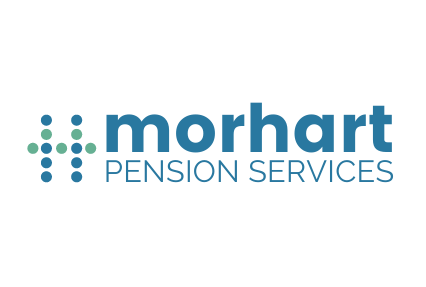“A small self-administered pension scheme (SSAS) is a type of employer-sponsored defined contribution workplace pension that can give the employer additional investment flexibility.”
The Pensions Advisory Service
In a nutshell, a SSAS is a workplace pension scheme that provides retirement benefits usually for no more than 11 members. A SSAS is often just open to company directors or senior members of staff but in the case of small companies, it may be open to all staff and even family members. As a SSAS works on a pooled fund basis, it is a cost effective pension arrangement for multiple members.
With its investment choice flexibility, a SSAS can provide valuable support to your business:
-
- Buy a company’s trading premises and lease it back to the company.
- Make a secured loan to the company of up to 50% of the value of the SSAS (subject to meeting the required regulations).
- Invest in the equity of the company.
We believe in the benefits a SSAS can provide businesses, families and individuals and are committed to delivering these solutions simply and efficiently.
Who can set up a SSAS?
As a SSAS is an employer sponsored pension scheme, it must be established by a limited company or a limited liability partnership and at least one of the members will need to be employed by or a director of the sponsoring company.
The SSAS can be funded by new pension contributions, or by transfer payments from existing pension schemes the members have built up elsewhere.
The SSAS requires a Scheme Administrator, who is accountable to HMRC for complying with their rules and regulations, including various reporting requirements. Our trustee company, Grace Pension Trustees Ltd, will act as Scheme Administrator and ensure that the expected duties are fulfilled. Morhart Pension Services Ltd will act as the HMRC Scheme Practitioner.
How do I set up a SSAS?
There are three steps to establishing a SSAS and we will be here to help you at each stage:
- Following completion of the Application Form and Member Form(s) we will provide you with a Trust Deed to establish the SSAS. The Deed will need to be signed on behalf of the participating employer and the Trustees of the SSAS. This will enable us to register the SSAS with HMRC and establish the SSAS bank account held with Cater Allen. To ensure the scheme offers full flexibility all members will need to act as trustees.
- The SSAS then needs to be funded. This can be done by paying contributions from the business (employer contributions), paying contributions from the members’ own savings or earnings (personal contributions) or by transferring in other pension schemes the members have already built up with other pension providers.
- Once the SSAS has been funded, the member trustees can then implement their chosen investment strategy. This could be a traditional investment product (for example an investment portfolio) or a more complicated investment such as a commercial property or making a loan to the sponsoring employer. In the latter example we would have carried out full due diligence on the proposed investment by this stage.
Finding out more
More information about SSAS, pensions and trustee responsibilities can be found below. If you have any queries or want to chat to one of our team please call us.
Morhart are not regulated to provide investment or financial advice. If you require financial advice please either contact your existing adviser or learn more about choosing a financial adviser. We are happy to work with professional advisers as instructed by you.
- The Pensions' Regulator - information from the protectors of the UK's workplace pensions.
- Pension Wise - free and impartial government guidance about your defined contribution pension options.
- HMRC Pensions Tax Manual - legislation and regulations for pension schemes.
- Guidance and resources for Trustees from the Pensions' Regulator - find out more about the duties and responsibilities of trustees.
- FCA Scam Smart - information to help you avoid investment and pension scams.
- Information Commissioner's Office - your data matters.
